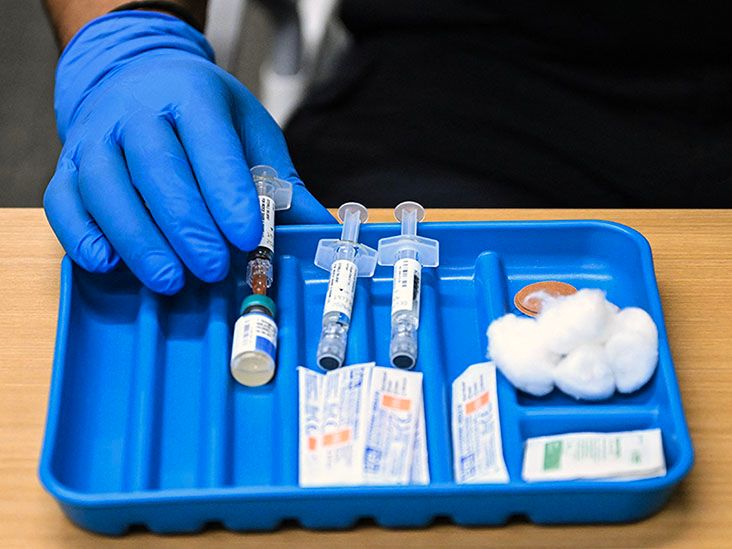Loud swallowing can stem from various reasons, such as dysphagia, which refers to swallowing difficulties; aerophagia, which refers to swallowing too much air; or other underlying conditions.
Loudly swallowing is usually not a cause for concern, but the noise may bother some people. It may also indicate issues with the esophagus, or food pipe.
Loud swallowing may not indicate a health issue unless it accompanies other symptoms, such as pain or difficulty swallowing. Some swallowing issues that may cause loud swallowing include:
- Dysphagia: Dysphagia
is an impairmentTrusted Source in swallowing, meaning it is difficult to swallow food and drink. It can be painful, cause great discomfort, and occur due to nerve or muscle problems. As dysphagia is a symptom of many different medical conditions, speaking with a doctor is key to treating the issue. - Aerophagia: This refers to swallowing excess air, which goes to the stomach instead of the lungs. It may cause symptoms such as noises when swallowing.
- Esophageal issues: Issues with the esophagus, including obstructions, inflammation, ulcers, or esophageal achalasia, may cause loud swallowing.
A person needs to speak with a doctor if loud swallowing causes concern. Some ways to help with swallowing issues include:
- eating softer foods
- eating thicker liquids to slow the transit time
- eating slower, taking time to chew food, and swallowing drinks slowly and more mindfully
- undergoing speech and language therapy
- treating underlying causes, such as reflux, with medications


